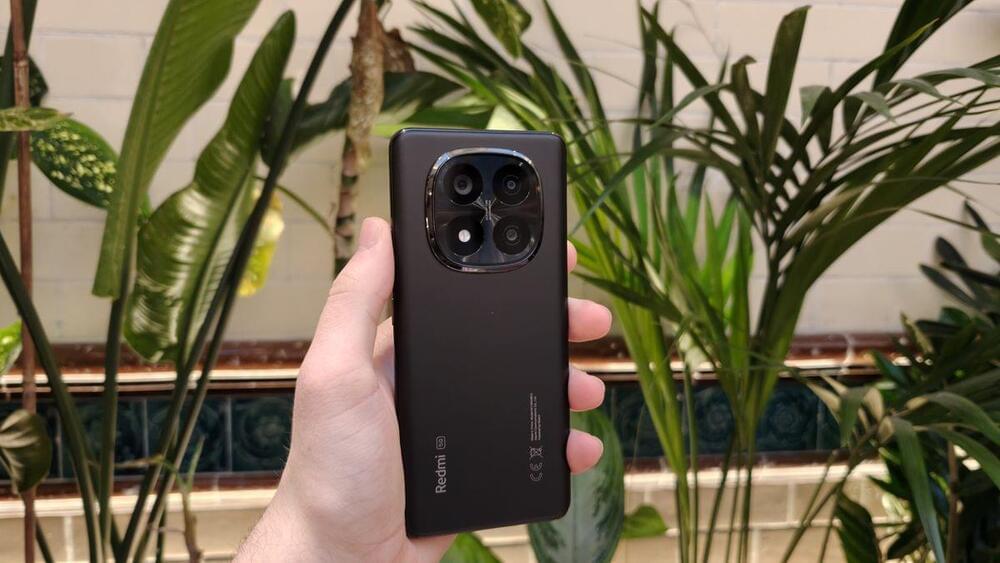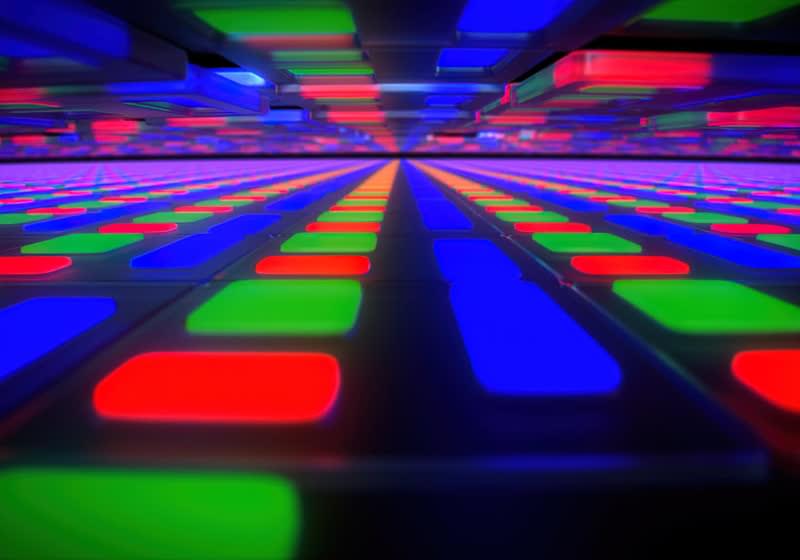Get ready for a shocking revelation in the world of semiconductor manufacturing! China has made a groundbreaking move by acquiring 28nm lithography machines, a technology that has long been dominated by ASML, a Dutch company. The CEO of ASML, Peter Wennink, has expressed his concerns and even jealousy towards China’s rapid progress in this field. But what does this mean for the global semiconductor industry? Will China’s advancements challenge ASML’s monopoly? Watch to find out!
Get the latest international news and world events from around the world.
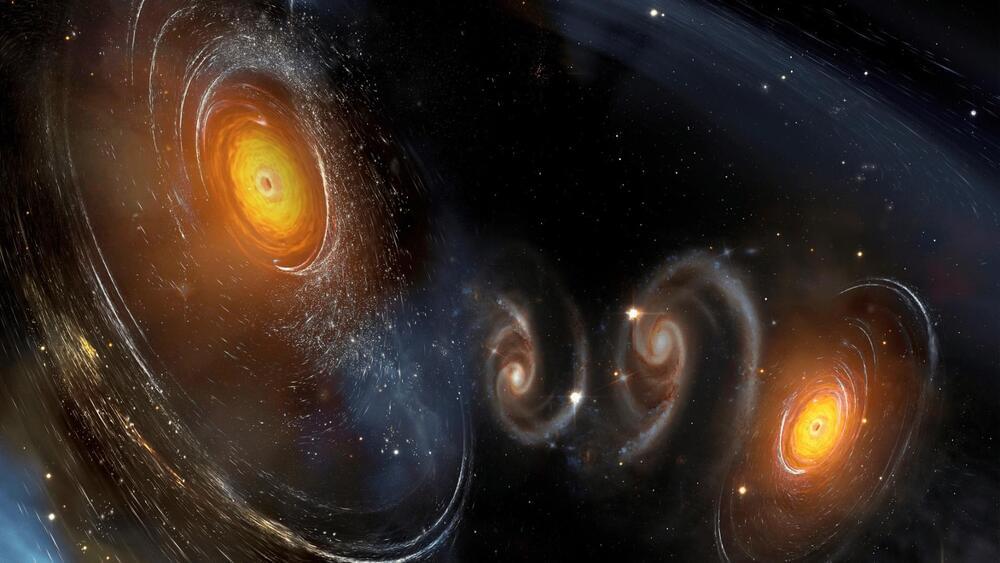
Space possibly created galaxies on its own, thanks to gravitational waves
Quantum foam itself released gravitational waves that eventually shaped the cosmic universe.
Over billions of years, these stretched ripples grew into clumps of matter, forming the first stars and galaxies. Eventually, they created a massive network of galaxies and dark matter called the cosmic web, which spans the entire universe today.
A new study suggests that the cosmic web could have formed without relying on inflation driven by a scalar field. Instead, it proposes a novel mechanism that suggests that inflation arises from gravitational wave amplification.
Inflation is believed to have laid the foundation of everything there is out in space. However, nobody knows when it happened, why it happened, or what caused it. Plus, scientists don’t have any solid evidence to confirm whether it happened.
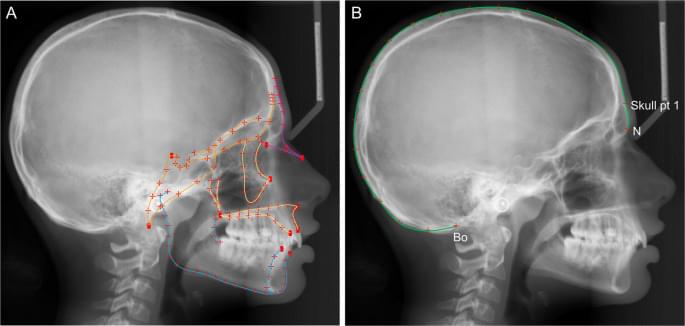
Number of teeth is associated with facial size in humans
Human faces are becoming shorter, due to changes in our diet, and our smaller jaws mean there is less room for teeth. As a result, most babies are now being born without wisdom teeth.
According to Dr Teghan Lucas, of Flinders University in Adelaide, this indicates that humans are still evolving — and at a rapid rate.
Dr. Lucas and a team of scientists discovered that people are undergoing a kind of “micro-evolution” where evolutionary changes can be noticed over a short period of time. Some of the changes also include weaker jaws, which is likely due to our dependence on fire and processed food more than ever before.
Scientists also found that some people are being born with additional bones in their arms and legs, as well as an extra artery in their arm. They also found that some people are born with abnormal connections of two or more bones in their feet.
T the only study to reach these conclusions. +.
Scientific Reports volume 10, Article number: 1820 (2020) Cite this article.
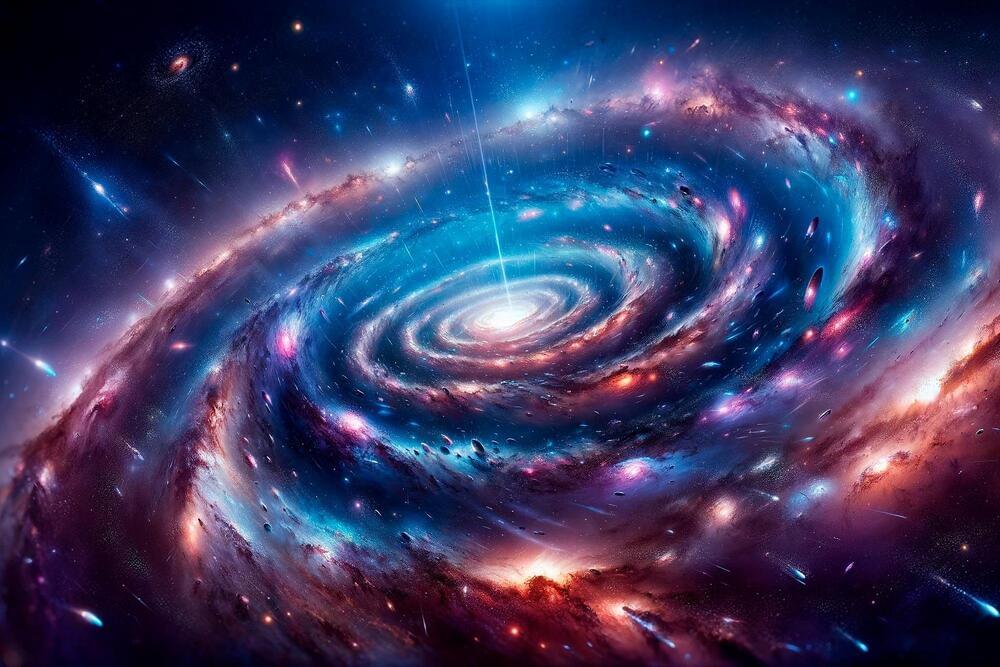
Universe’s Expansion Defies Explanation: New Data Shatters Cosmological Models
New research confirms the Universe is expanding faster than theoretical models predict, intensifying the Hubble tension.
Using precise measurements of the Coma cluster, scientists recalibrated the cosmic distance ladder, suggesting flaws in existing cosmological models.
Expanding Universe: A Startling Discovery.
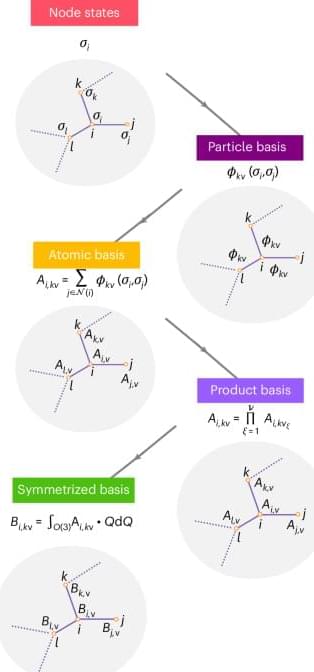
Testing FSD 13.2.2 on very snowy roads in Canada!
The Full Self-Driving version 13.2.2 successfully navigates challenging snowy Canadian roads with impressive performance and minimal driver intervention ## Advanced Navigation in Challenging Conditions.
🚗13.2.2 successfully navigated snowy, slippery roads in Canada without interventions, handling obscured lane lines, vehicles, and signs even when the roadway was difficult to discern.
🌨️The system demonstrated impressive adaptive driving, moving slowly and smoothly with minimal slipping, and never requesting driver takeover despite challenging road conditions. ## Complex Intersection Management.
🛑13.2.2 effectively managed various challenging intersections, including a five-way intersection at an odd angle and a busy roadway with an obscured angle. ## Safety-First Approach.
⚠️The system exhibited a cautious approach, waiting for clear visibility before proceeding when faced with high snowbanks, and then moving slowly without complaint. ## Self-Correction and Adaptation.
🔄13.2.2 showed the ability to self-correct and adapt, as evidenced by correcting an incorrect signal at a corner and recovering from briefly bumping a sidewalk during a turn.

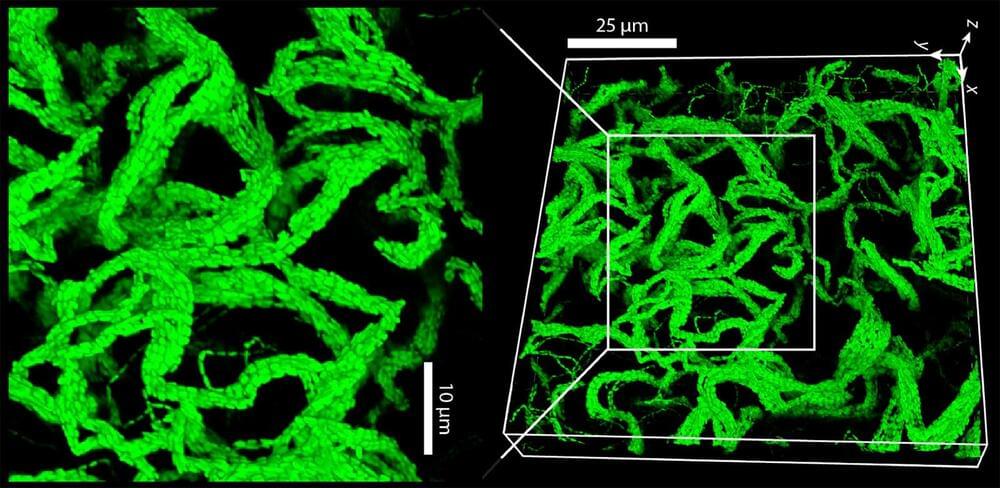
Bacteria in polymers create cable-like structures that grow into living gels
Scientists at Caltech and Princeton University have discovered that bacterial cells growing in a solution of polymers, such as mucus, form long cables that buckle and twist on each other, building a kind of “living Jell-O.”
The finding could be particularly important to the study and treatment of diseases such as cystic fibrosis, in which the mucus that lines the lungs becomes more concentrated, often causing bacterial infections that take hold in that mucus to become life threatening. This discovery could also have implications in studies of polymer-secreting conglomerations of bacteria known as biofilms—the slippery goo on river rocks, for example—and in industrial applications where they can cause equipment malfunctions and health hazards.
The work is described in a paper published on January 17 in the journal Science Advances.
